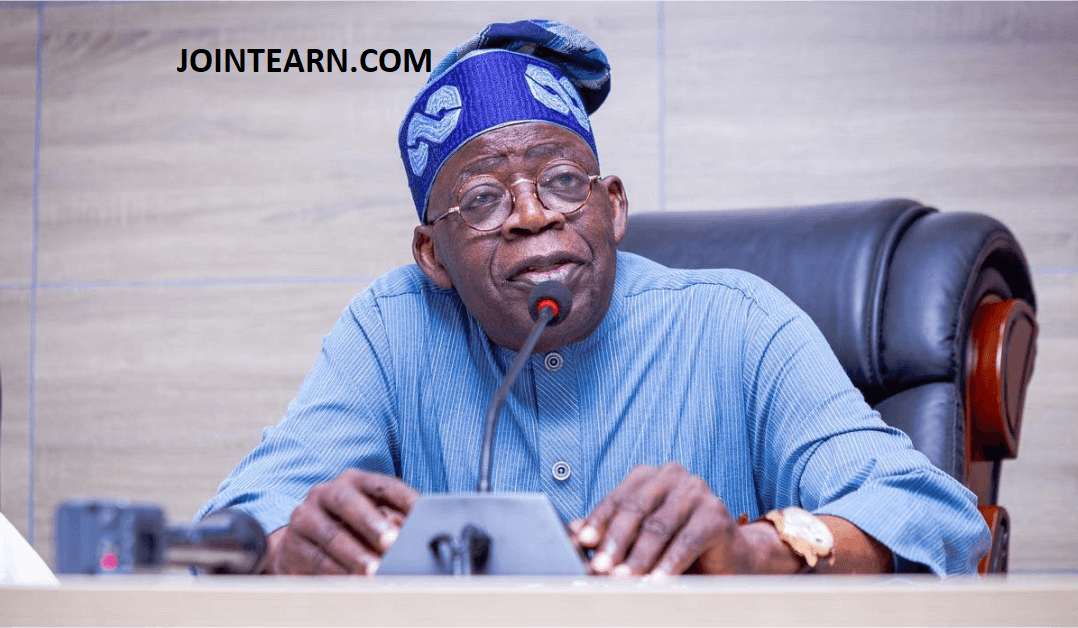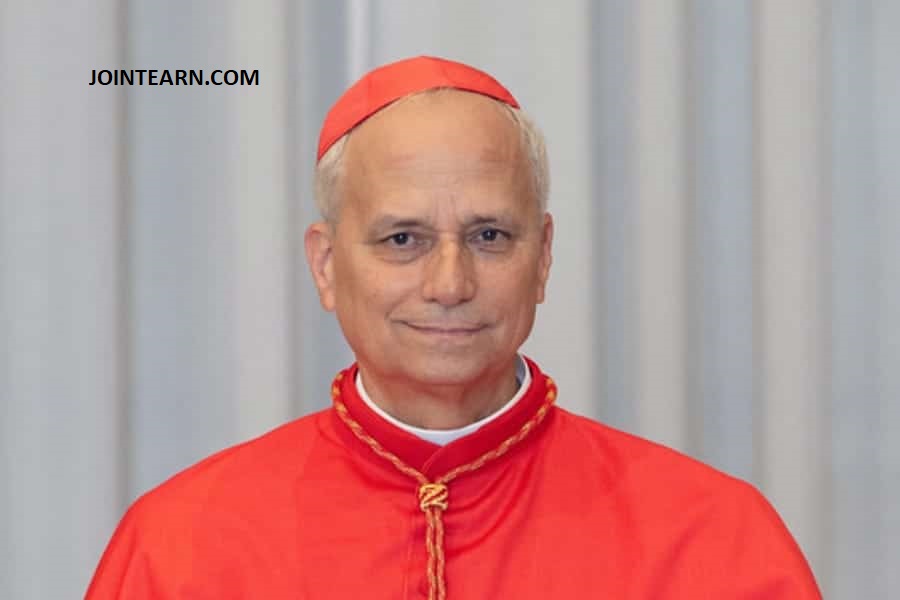In a surprising yet strategic political development, the All Progressives Grand Alliance (APGA) has formally adopted President Bola Ahmed Tinubu as its presidential candidate for the upcoming 2027 general elections. This unprecedented decision marks a significant shift in the Nigerian political landscape, as it signifies a rare alliance between a traditionally independent regional party and a dominant national figure.
The announcement was made during a high-level National Executive Committee (NEC) meeting held in Awka, Anambra State, where top party leaders, state governors, and delegates convened to deliberate on the party’s strategic direction ahead of the next election cycle. After extensive deliberations and a unanimous vote, the party leadership declared its support for President Tinubu, citing his “unwavering commitment to national unity, economic reform, and democratic consolidation.”
Strategic Realignment and National Interest
Addressing journalists after the meeting, APGA’s National Chairman, Chief Sly Ezeokenwa, stated that the decision was not made lightly. According to him, the party conducted a thorough internal review of its political positioning and concluded that backing Tinubu offered the best prospects for sustaining national progress and enhancing APGA’s relevance in federal politics.
“In President Bola Ahmed Tinubu, we see a leader who has shown unmatched resilience, political sagacity, and a genuine interest in addressing Nigeria’s complex challenges,” Chief Ezeokenwa said. “APGA has always stood for progress and good governance, and after careful consultation with stakeholders across the nation, we believe aligning with President Tinubu in 2027 is in the best interest of the Nigerian people.”
He emphasized that APGA’s endorsement was based on President Tinubu’s record of achievements during his first term, particularly his economic reform agenda, infrastructure development, and efforts to strengthen federal institutions. The chairman also highlighted Tinubu’s inclusive governance style, which he said had accommodated a broader spectrum of political interests, including voices from the Southeast.
Tinubu Responds to Endorsement
In response to the endorsement, President Tinubu expressed his gratitude to the APGA leadership, describing the gesture as “a significant show of patriotism and a commitment to the unity of Nigeria.” In a statement released by his media team, Tinubu said:
“I am honored by the trust and confidence reposed in me by the leadership and members of APGA. This endorsement affirms that our vision of a united, prosperous, and democratic Nigeria is shared across party lines. Together, we will continue the work of building a better future for all Nigerians.”
Tinubu also promised to continue his reforms and foster a political environment where inclusive governance thrives, and regional interests are respected.
Mixed Reactions Across the Political Spectrum
The endorsement has drawn mixed reactions from across the political landscape. While some political analysts commend APGA for its bold move, others view the decision as a deviation from the party’s founding principles. Established in the early 2000s with a strong base in the Southeast, APGA has long prided itself on championing regional interests, particularly those of the Igbo ethnic group.
Former APGA presidential candidate, Chief Chekwas Okorie, voiced skepticism about the endorsement. “APGA was created to provide a platform for regional development and national relevance from the Southeast perspective,” he said. “While President Tinubu has done commendable work in some areas, aligning the party’s presidential aspirations with an incumbent from a different political platform may dilute its identity.”
However, others see the move as pragmatic. Political analyst Dr. Uche Madu noted, “This is a clear sign that Nigerian politics is becoming less about ethnicity and more about strategic alliances. If APGA wants to remain relevant on the national stage, aligning with a popular incumbent could be its best bet.”
Implications for 2027 Elections
With this development, the 2027 presidential race is already shaping up to be one of the most intriguing in Nigeria’s democratic history. Tinubu, who is currently serving his first term, remains eligible for re-election. The APGA endorsement effectively adds another layer of support for his campaign, especially in the Southeast, where the party maintains considerable influence.
Observers note that this alliance could alter traditional voting patterns in the region and complicate strategies for other major parties, such as the Peoples Democratic Party (PDP) and the Labour Party (LP), both of which have relied on regional support to bolster their electoral prospects.
Moreover, the APGA-Tinubu alignment might force other regional parties to reconsider their positions ahead of the general elections. It could trigger a wave of mergers, endorsements, and re-alignments as political actors recalibrate for the 2027 contest.
Conclusion
The adoption of President Bola Tinubu by APGA as its 2027 presidential candidate is a landmark political decision that signals the evolving nature of Nigerian democracy. Whether this move will bring the anticipated dividends for both parties remains to be seen, but it has undoubtedly reshaped the political narrative and intensified the spotlight on the road to 2027.
As political parties prepare their battle plans and voters begin to weigh their options, the coming months will likely see more surprising alliances, defections, and strategic declarations — all in the high-stakes race to determine Nigeria’s next president.











